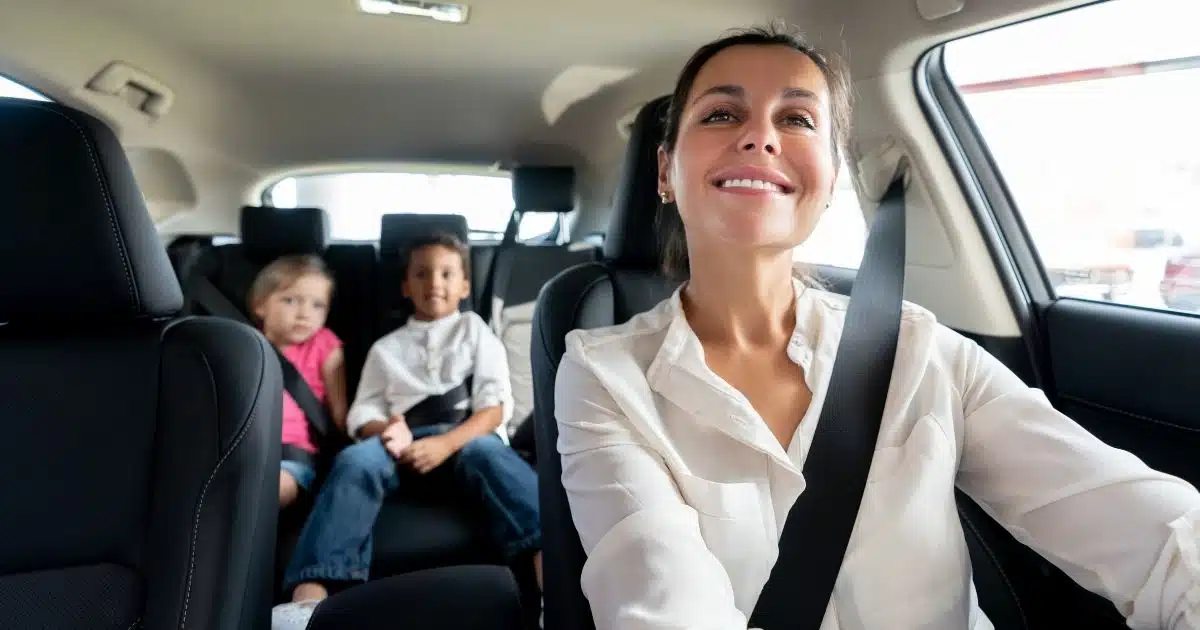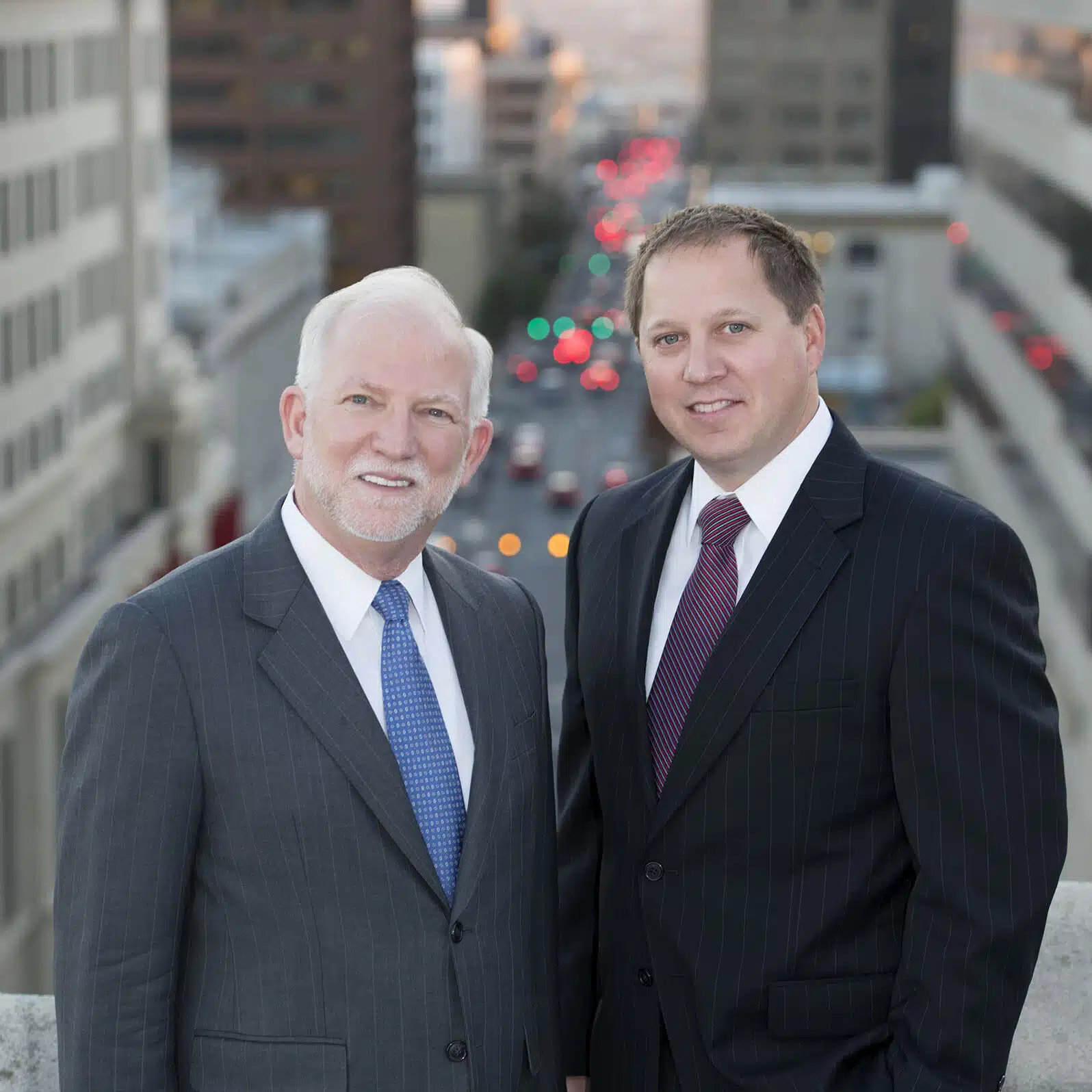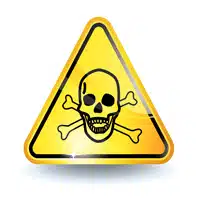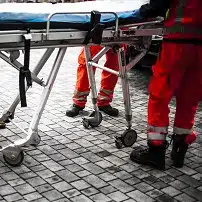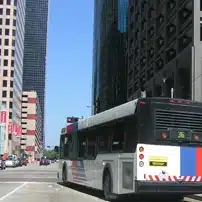Although modern advancements have made the automobile much safer than in years past, recent studies have shown that in the event of a car accident, backseat passengers are more likely to suffer serious or fatal injuries than front passengers. Although many injuries can be associated with the lack of wearing a seatbelt, there are several other reasons why backset passengers suffer worse injuries than front seat passengers.
According to studies by the Insurance Institute for Highway Safety (IIHS), the majority of those injured in the backseat are not wearing seatbelts. Furthermore, the most common injury for backseat passengers are chest injuries, followed by head injuries. In fatal accidents, those in the backseat suffer both chest and head injuries. Other injuries included:
- Traumatic brain injury (TBI)
- Broken ribs, punctured lungs, and heart
- Facial lacerations
- Head and neck injuries
- Broken bones or fractures
- Spinal cord damage
- Internal organ bleeding
Why is the Backseat More Dangerous than the Front Seat?
Wearing your seatbelt is the easiest way to protect yourself from serious injury in a car crash. However, many automobile studies have found that most people fail to buckle up when riding in the back seat. The IIHS found that, although front passengers are 91 percent more likely to wear their seat belts, only 72 percent of back seat passengers do. Although the reason may never be truly known, experts point to a few possible reasons.
- Older beliefs: People may believe that sitting in the rear seat is safer, thus the feeling there is no need to buckle up. But this is simply not true. The roomier surroundings tempt people to cram in unconventionally without wearing seat belts. People may believe that the further they are from the dashboard or windshield the safer they would be. However, in the event of an accident, being unsecured and not upright can cause much more damage.
- Rideshare services: Many more people are using rideshare services now more than ever; although this keeps congestion down, it is problematic for the safety of their customers. Studies have shown that four out of five passengers who use ride services do not buckle up, either because they find it uncomfortable or do not think it is necessary if it is a short ride.
- Older vehicles: Shoulder belts were not always required in the backseat of an automobile. Lap and shoulder belts reduce the risk of serious injury and death by over 50 percent for outboard and middle seat passengers. Shoulder seat belts were only required in the middle back seat in 2007, while outboard seats required them in the early 90s.
- Front seats have better safety technology: Modern technology has vastly improved the safety of the driver and front passenger, but not much has changed for rear seat passengers. Airbag and seatbelt technology have made vast improvements for front passengers but is virtually non-existent for rear passengers. Including crash test ratings; however, that is beginning to change, as car manufacturers are using virtual crash test data to develop airbags for rear seat passengers and better seat belt fit and tech.
Rear Seat Safety Tips
Next time you plan on travelling in the rear seat of a car or use a ridesharing service, here are a few tips to keep in mind:
- Wear your seat belt: It is important to remember to always buckle up, whether you are in a family member’s car or an Uber. Buckling up saves lives, even if it is not a three-point shoulder seat belt.
- Sit in the middle: The middle seat is the safest in most vehicles, unless it only has a lap belt. Outer seat generally will have shoulder belts which are safer and will secure you better than the older lap belts.
- Stay in your seat: Always stay in your seat, and do not lap on someone else or put too many people in the back seat. Doing so prevents a person from using a seat belt the correct way.
- Secure objects: Any loose objects in the cabin area of a car can essentially injure you should an accident occur, so it is best to secure anything loose or keep them in the trunk or cargo area.
What Do I Do if I Am an Injured Passenger in a Car Accident?
If you are a passenger in a vehicle and find yourself in an accident, there are some steps to follow to ensure you are compensated for your injuries.
- Get help: Your first priority is to make sure everyone involved is okay and safe, and contact 911 for medical assistance and for the police to come to the scene right away.
- Gather information: Get the information of everyone involved, particularly both drivers and their contact and insurance information. Be sure to get a copy of the police report as well.
- Gather evidence: Get evidence of the scene, such as detailed photos and videos. Get pictures of your injuries if possible.
- See a doctor: If you did not go to the hospital or feel like you needed to get checked at the scene of the accident, it is best to seek medical attention anyway just to make sure everything is okay. Many injuries are masked by the adrenaline of a car accident and do not appear until well after, so you may not feel anything right away.
- Keep records: Make sure to keep track of all your records, including any medical bills and treatment plans you may acquire during the process. You may also accumulate new household expenses because of an injury, or lost wages should you be out of work due to the accident, so be sure to keep all those records for a claim.
An accident claim can get complicated very quickly, especially if you were a passenger in an accident. You may have to file your claim with the driver of the vehicle you were in, or you may have to file your claim with another driver if they were at fault. The best thing you can do is to contact a reputable accident lawyer to help make the process easier and answer the questions you have.
The Bear Car Accident Lawyers at Rhoades & Morrow Help Passengers in an Accident
If you were a passenger in an accident and were injured by another’s negligence, then you must contact the Bear car accident lawyers at Rhoades & Morrow immediately. Our knowledgeable team has years of experience and will protect your rights and help you be compensated for your injuries. Call us today at (302) 600-1107 or fill out our online form for a free consultation. With offices in all three counties of Delaware, we service clients throughout the state.

